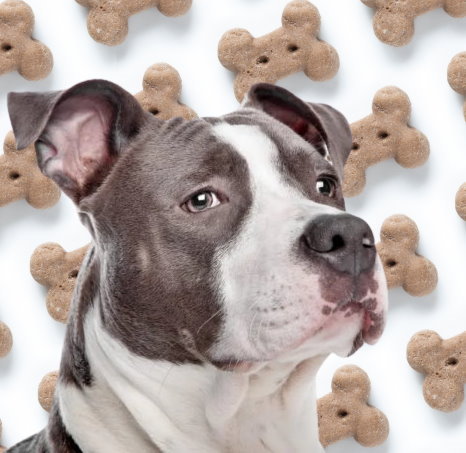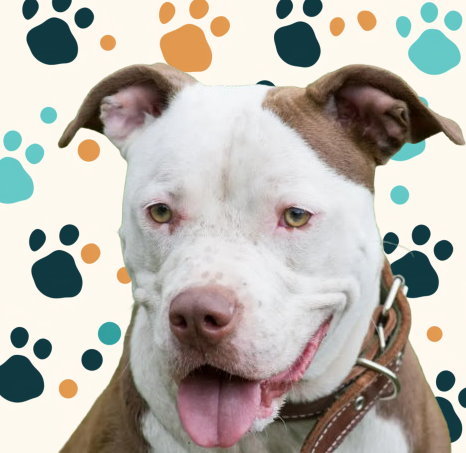Welcome to Dog Training Newbies !
Welcome to Dog Training Newbies !

Pit Bull Terriers often find themselves at the center of controversies and misconceptions. This breed has been subject to unfair stigmatization, fueled by misinformation and sensationalized media coverage. In this article, we aim to debunk myths surrounding Pit Bulls and provide a deeper understanding of this remarkable breed. By shedding light on their history, temperament, and responsible ownership, we can foster a more accurate perception of Pit Bull Terriers.
A MISUNDERSTOOD HISTORY
To understand Pit Bull Terriers, it's crucial to delve into their history. Originally bred in the United Kingdom in the 19th century, Pit Bulls were used as working dogs. They were utilized in various tasks, including bull-baiting and later, as catch dogs for hunting and controlling livestock. These dogs were selectively bred for their strength, athleticism, and loyalty.
THE PIT BULL'S TRUE NATURE
Contrary to popular belief, Pit Bull Terriers are not inherently aggressive or dangerous. Like any other breed, their temperament is influenced by genetics, environment, and responsible ownership. Properly socialized and trained Pit Bulls can exhibit friendly, affectionate, and gentle behavior towards people and other animals. Their loyalty and eagerness to please their owners make them highly trainable and adaptable companions.
HUMAN-DEPENDENT BEHAVIOR
Pit Bulls, like all dogs, are influenced by their upbringing and the way they are treated by their owners. Neglect, abuse, or improper training can result in behavioral issues, regardless of breed. It is essential to provide Pit Bulls with love, care, and positive reinforcement training methods. Responsible ownership plays a critical role in shaping their behavior and ensuring they become well-adjusted members of society.
PIT BULLS AND AGGRESSION
One of the most prevailing myths about Pit Bulls is their inherent aggression. The truth is that no specific breed is born aggressive. Aggression in dogs is often a result of various factors, including poor breeding practices, lack of socialization, inadequate training, or mistreatment. It is unfair to label an entire breed as aggressive based on isolated incidents or media sensationalism. Responsible owners understand the importance of early socialization, positive reinforcement training, and providing a nurturing environment to prevent aggression issues.
PIT BULLS AS FAMILY PETS
Pit Bull Terriers can make wonderful family pets. They are known for their love and loyalty towards their human companions. With proper socialization and training, Pit Bulls can coexist harmoniously with children, other pets, and individuals of all ages. Their natural inclination to bond with their family members makes them excellent companions who thrive on human interaction and affection.


ADVOCACY AND EDUCATION
Given the misconceptions surrounding Pit Bulls, advocacy and education are vital. Organizations and advocates work tirelessly to challenge breed-specific legislation and promote responsible ownership. They provide resources, training programs, and support to Pit Bull owners, helping them raise well-behaved and well-adjusted dogs. By focusing on facts, positive experiences, and responsible ownership, the perception of Pit Bull Terriers can be transformed.
RESPONSIBLE PIT BULL OWNERSHIP
Owning a Pit Bull comes with great responsibility. Here are some key aspects of responsible Pit Bull ownership:
a. Socialization: Early and ongoing socialization is essential for Pit Bulls to develop positive behavior and adaptability in various environments.
b. Training: Consistent and positive reinforcement training methods help Pit Bulls become well-mannered and obedient companions.
c. Exercise and Stimulation: Pit Bulls are energetic dogs that require regular exercise and mental stimulation to channel their energy positively.
d. Responsible Breeding: Obtaining a Pit Bull from a reputable breeder who prioritizes health, temperament, and responsible breeding practices is essential.
Pit Bull Terriers are a misunderstood breed, often unfairly portrayed in the media and subject to negative stereotypes. By understanding their history, true nature, and responsible ownership practices, we can debunk myths and foster a more accurate perception of Pit Bulls. Advocacy, education, and responsible ownership are key to promoting the well-being and positive image of this remarkable breed. Let us move forward with compassion and knowledge, celebrating the loving and loyal companionship that Pit Bull Terriers bring into our lives.